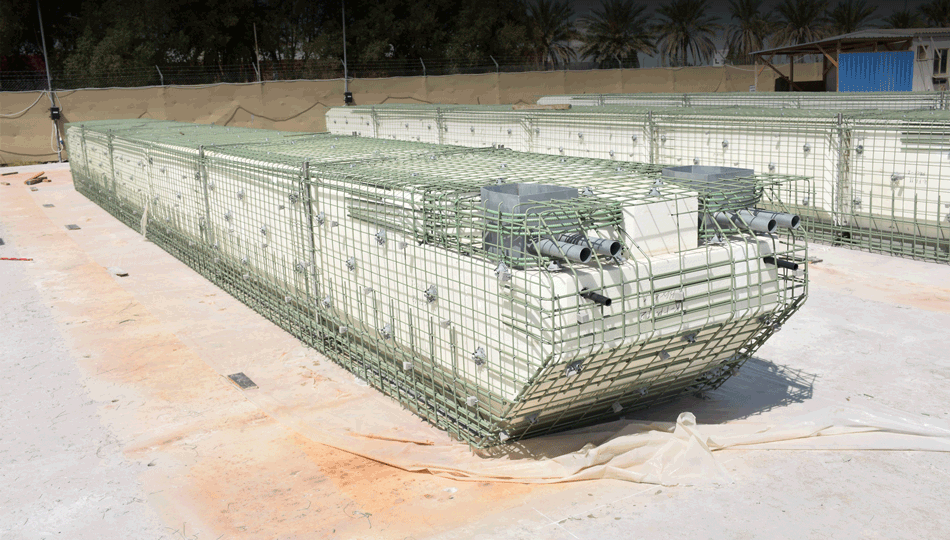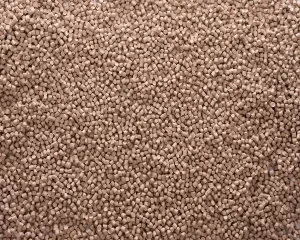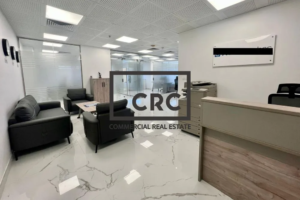What Is The Best Flotation Foam For Boats?

Selecting the best foam float for boat is essential for ensuring safety, buoyancy, and longevity of marine vessels. Flotation foam, also known as marine flotation foam or boat flotation foam is typically used to provide buoyancy and structural support in boat hulls, decks, and other components. The best flotation foam for boats depends on various factors, including the type of boat, application requirements, and budget considerations.
Expanded polystyrene (EPS) foam:
EPS foam is a lightweight, cost-effective option for boat flotation. It consists of small, closed-cell foam beads that are molded into blocks or sheets and bonded together to form buoyant foam panels. EPS foam offers excellent buoyancy, impact resistance, and thermal insulation properties, making it suitable for a wide range of boat applications. However, EPS foam may absorb water over time if not properly sealed or protected, leading to degradation and reduced buoyancy.
Extruded polystyrene (XPS) foam: XPS foam is a type of rigid, closed-cell foam commonly used in boat building and insulation applications. Unlike EPS foam, XPS foam is manufactured through an extrusion process, resulting in a denser, more durable foam material. XPS foam offers superior resistance to moisture absorption, compression, and decay, making it ideal for marine environments where exposure to water and harsh conditions is a concern. XPS foam is available in various thicknesses and densities to accommodate different boat sizes and requirements.
Polyurethane (PU) foam:
PU foam is a versatile, high-performance foam material used in boat construction, insulation, and flotation applications. PU foam is available in both rigid and flexible formulations, offering excellent buoyancy, strength, and durability. Rigid PU foam is commonly used for structural reinforcement and buoyancy support in boat hulls and decks, while flexible PU foam may be used for cushioning and seating applications. PU foam is resistant to water absorption, chemicals, and environmental factors, making it a popular choice for marine use.
Closed-cell polyethylene foam:
Closed-cell polyethylene foam is a lightweight, resilient foam material with excellent buoyancy and shock absorption properties. This type of foam is resistant to moisture, mold, mildew, and rot, making it suitable for use in wet or humid environments. Closed-cell polyethylene foam is available in various densities and thicknesses to accommodate different boat sizes and applications. It can be easily cut, shaped, and installed to provide custom flotation solutions for boats of all types.




